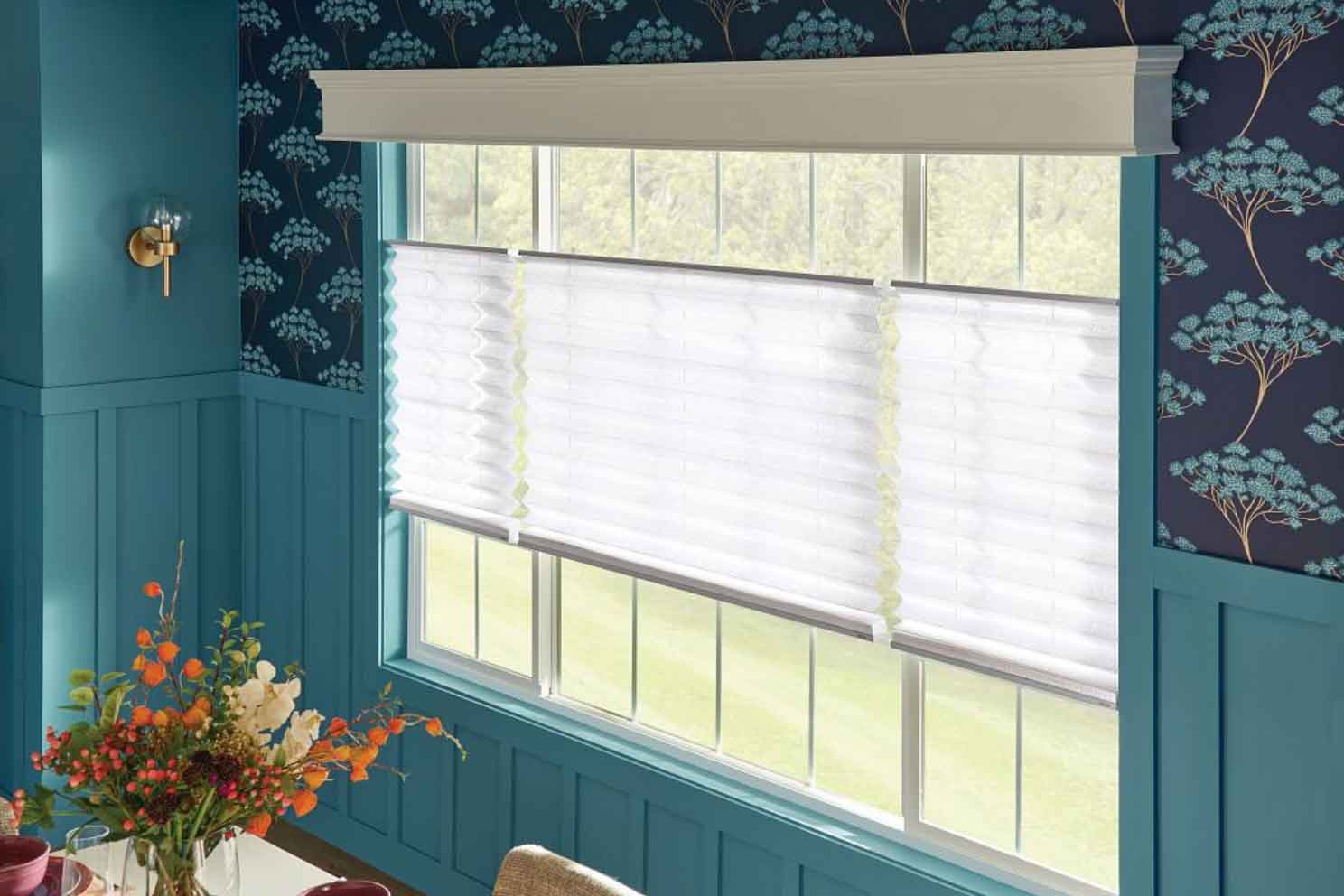In our modern world, where artificial light is ubiquitous, the importance of sleeping in a darker room often goes overlooked. However, research consistently shows that a dark environment is crucial for quality sleep and overall well-being. Let’s explore why sleeping in a darker room can significantly improve your health and daily performance.
The Science Behind Darkness and Sleep
Our bodies have an internal clock known as the circadian rhythm, which regulates the sleep-wake cycle. This rhythm is highly influenced by light and darkness. Exposure to light, especially blue light emitted by screens, can disrupt this rhythm, making it difficult to fall and stay asleep.
Darkness triggers the production of melatonin, a hormone that promotes sleep. When your environment is dark, your body understands it’s time to rest, producing melatonin to help you fall asleep and stay asleep. Conversely, exposure to light before or during sleep can suppress melatonin production, leading to disrupted sleep cycles.
Benefits of Sleeping in a Darker Room
- Improved Sleep Quality: A darker room minimizes distractions and disturbances, allowing for deeper, more restorative sleep. Quality sleep enhances cognitive functions, including memory, problem-solving skills, and concentration.
- Enhanced Physical Health: Consistent, quality sleep is linked to numerous health benefits, including a stronger immune system, better heart health, and reduced inflammation. Darkness ensures the body can effectively repair and rejuvenate itself during the night.
- Mental Well-Being: Adequate sleep helps regulate mood and reduce stress. A dark sleeping environment can contribute to a more balanced emotional state, reducing the risk of anxiety and depression.
- Hormonal Balance: Besides melatonin, sleep in darkness also supports the balance of other hormones, such as cortisol, the stress hormone. Proper regulation of these hormones is essential for overall health and well-being.
Practical Tips for Creating a Darker Sleep Environment
- Blackout Curtains: Invest in blackout curtains or shades to block external light from street lamps, car headlights, and early morning sunlight.
- Limit Screen Time: Reduce exposure to screens at least an hour before bed. If you must use electronic devices, consider using blue light filters.
- Cover Light Sources: Small lights from alarm clocks, chargers, and other electronic devices can be surprisingly disruptive. Cover these lights or opt for devices with dimming options.
- Use a Sleep Mask: If completely darkening your room is not possible, a comfortable sleep mask can effectively block light from reaching your eyes.
- Adjust Lighting: Use dim, warm-colored lights in the evening to signal your body that it’s time to wind down. Avoid bright, cool-colored lights that mimic daylight.
Conclusion
Creating a darker room for sleep is a simple yet powerful way to enhance your sleep quality and overall health. By prioritizing a dark sleep environment, you can support your body’s natural rhythms, leading to better physical and mental well-being. Remember, a good night’s sleep is foundational to a healthy, productive life. So, dim those lights, draw those curtains, and embrace the tranquility of darkness for a restful and rejuvenating sleep.

